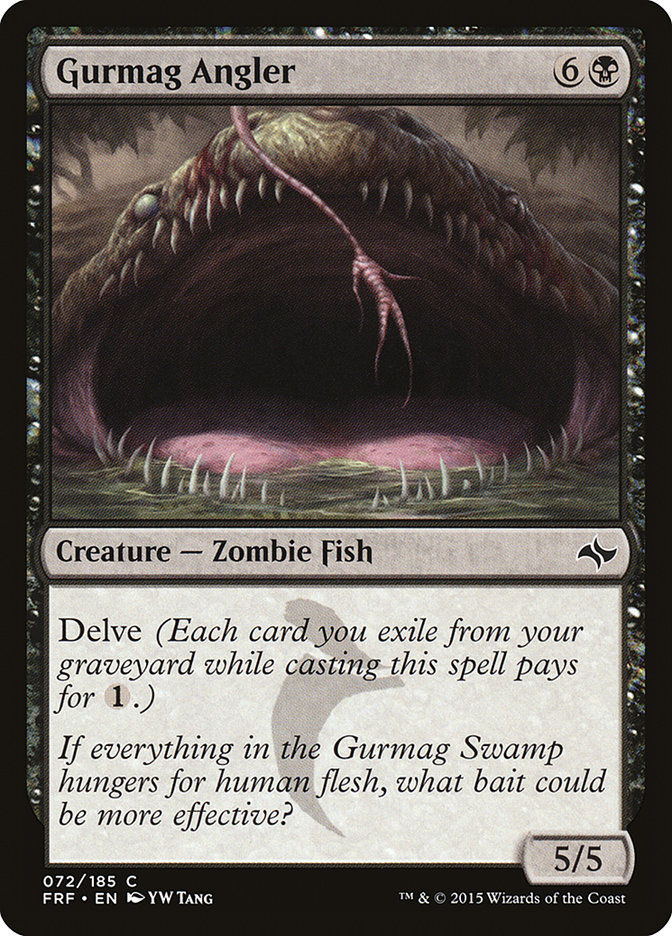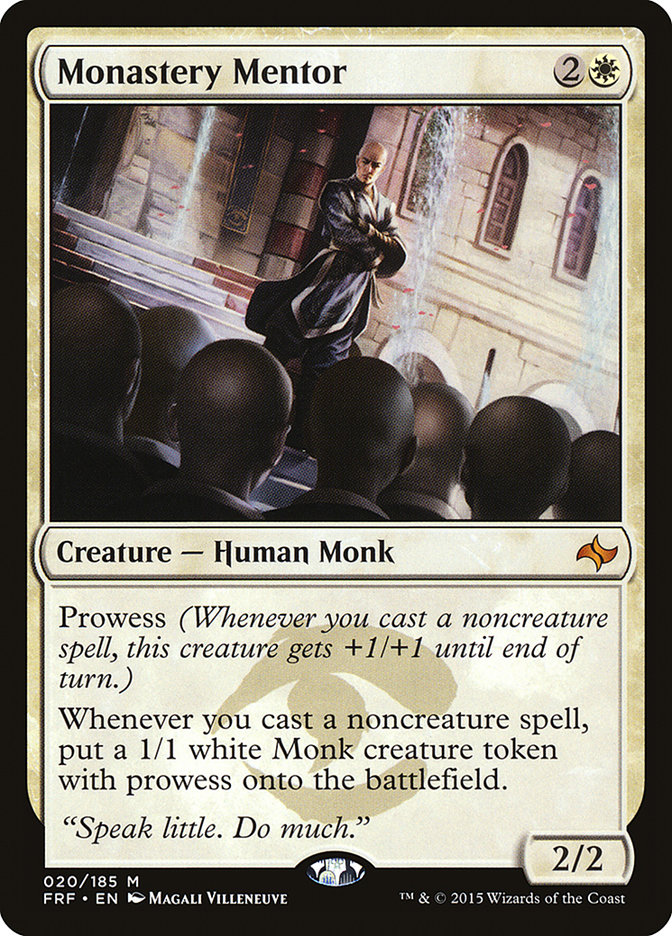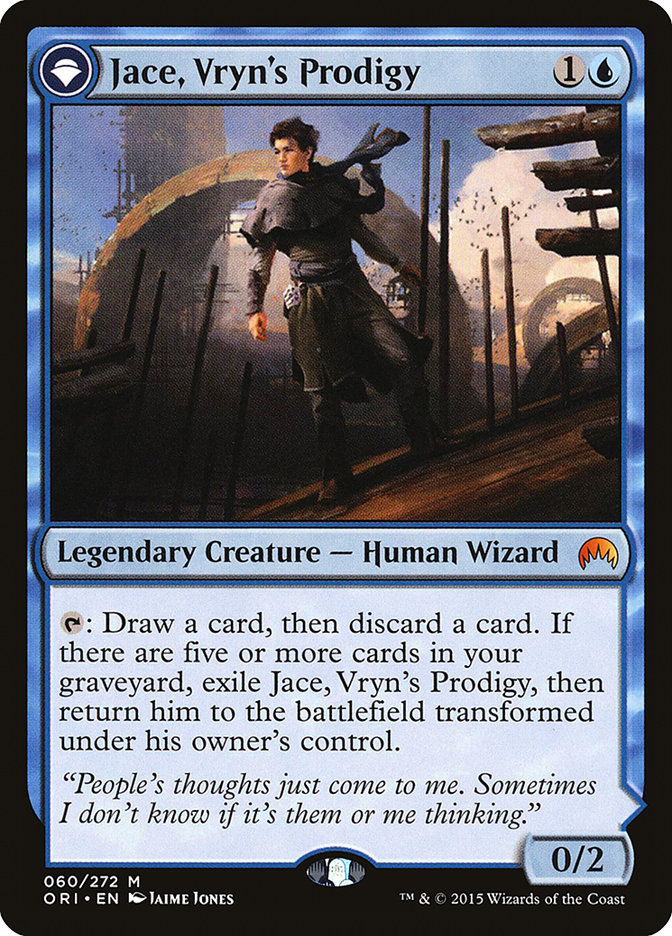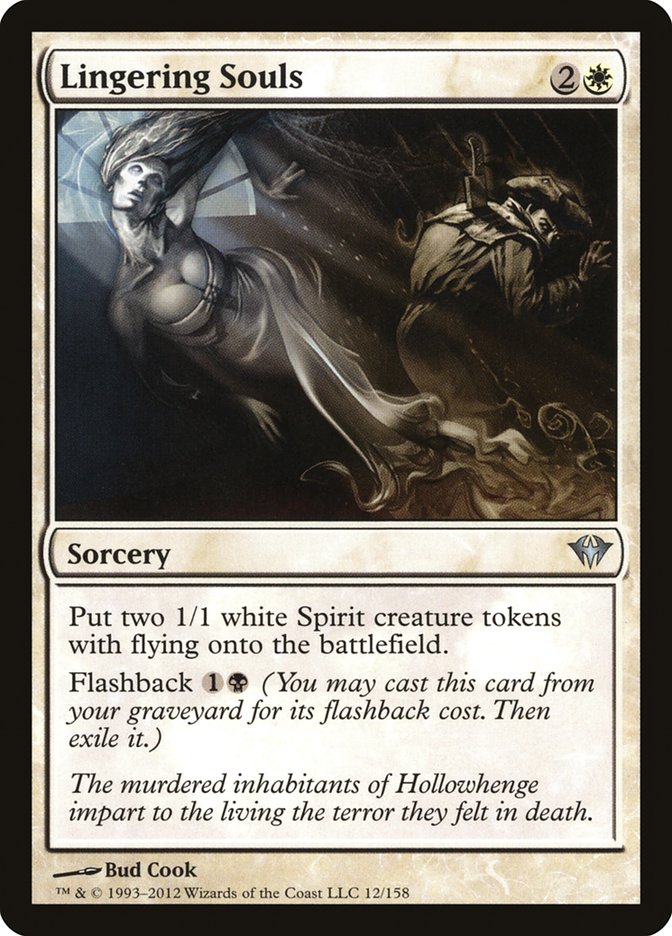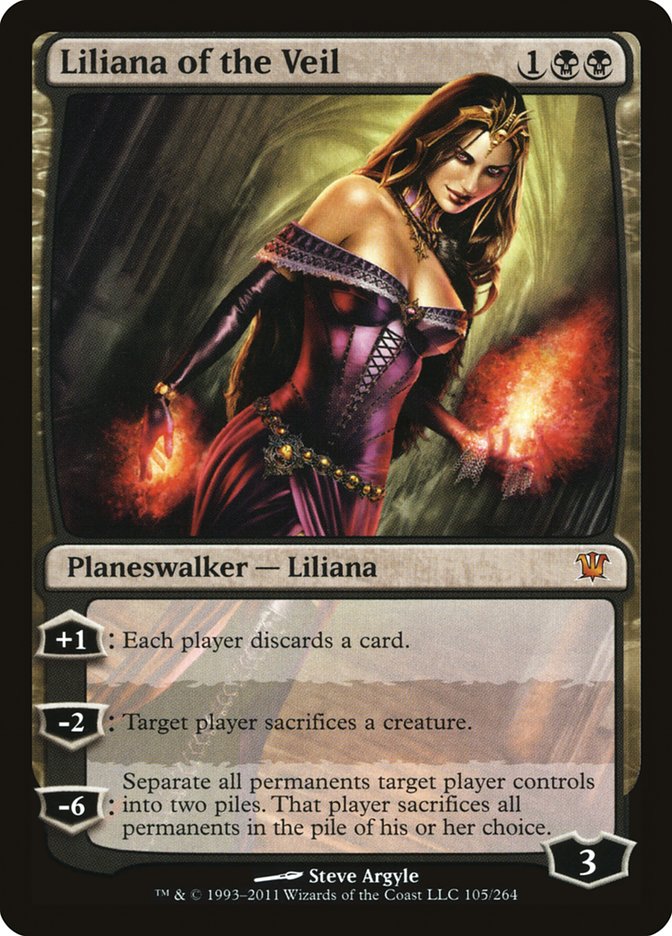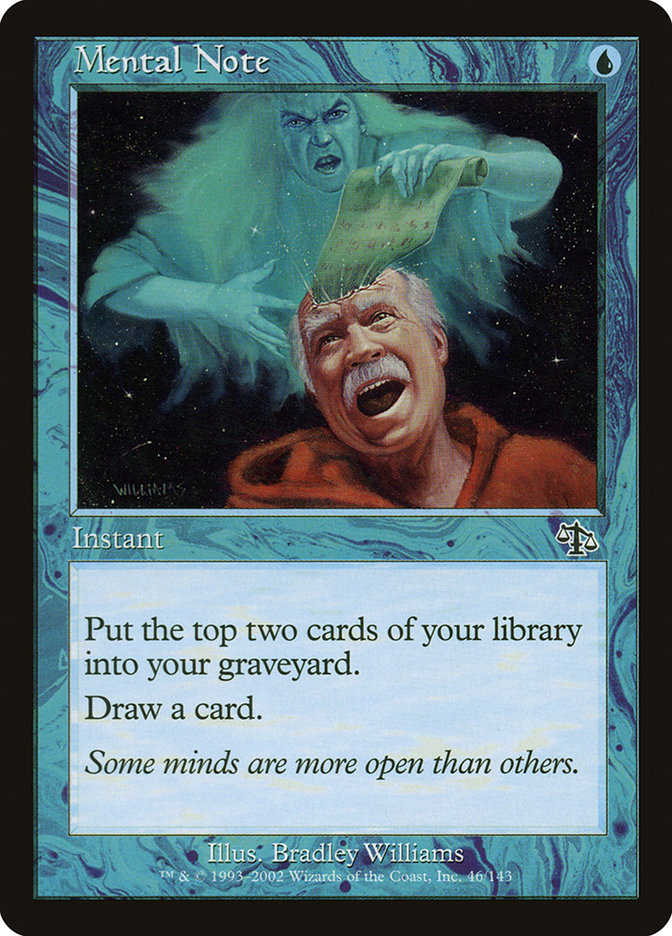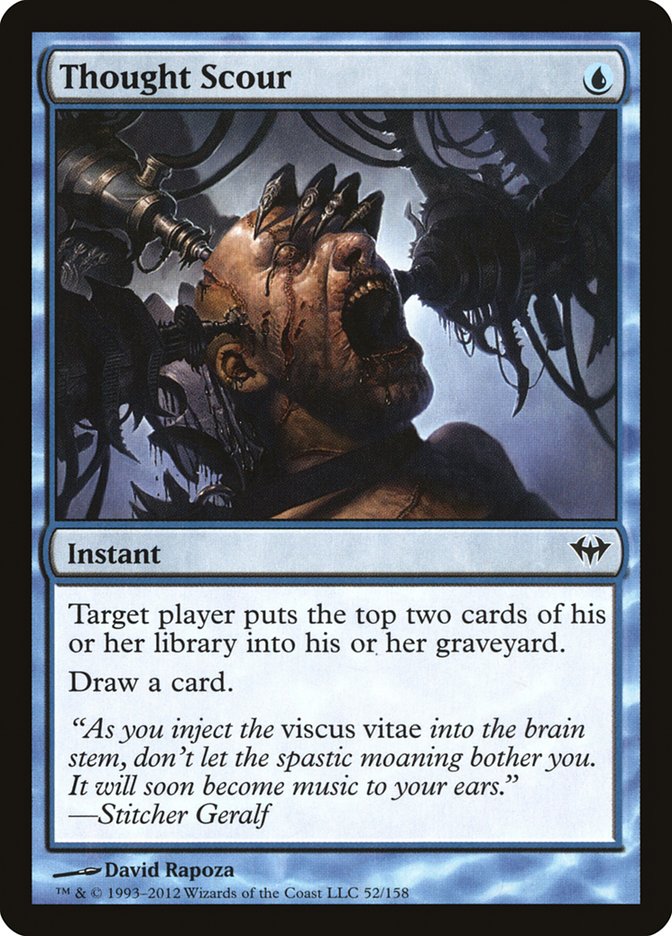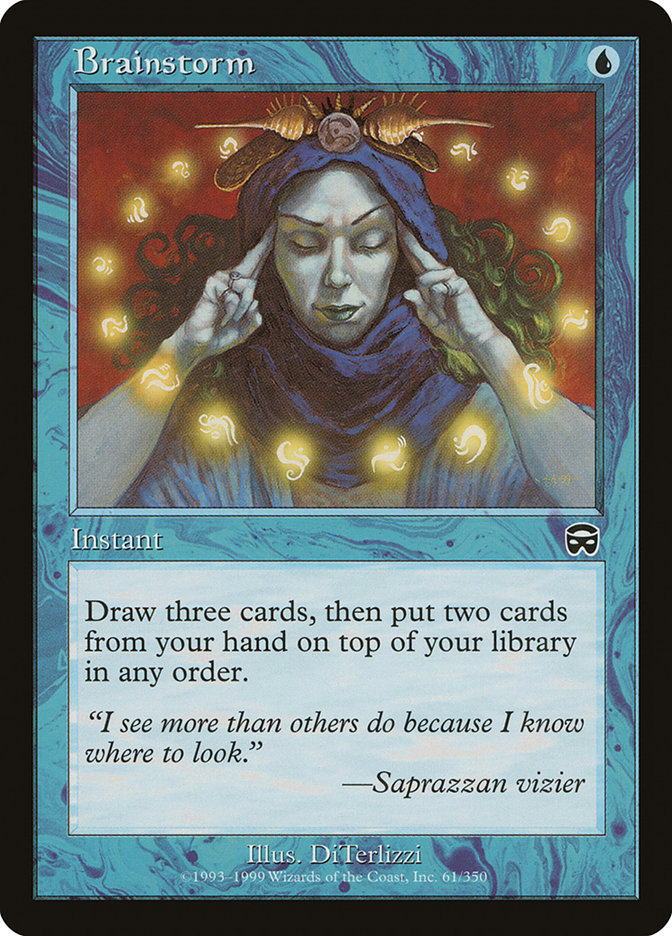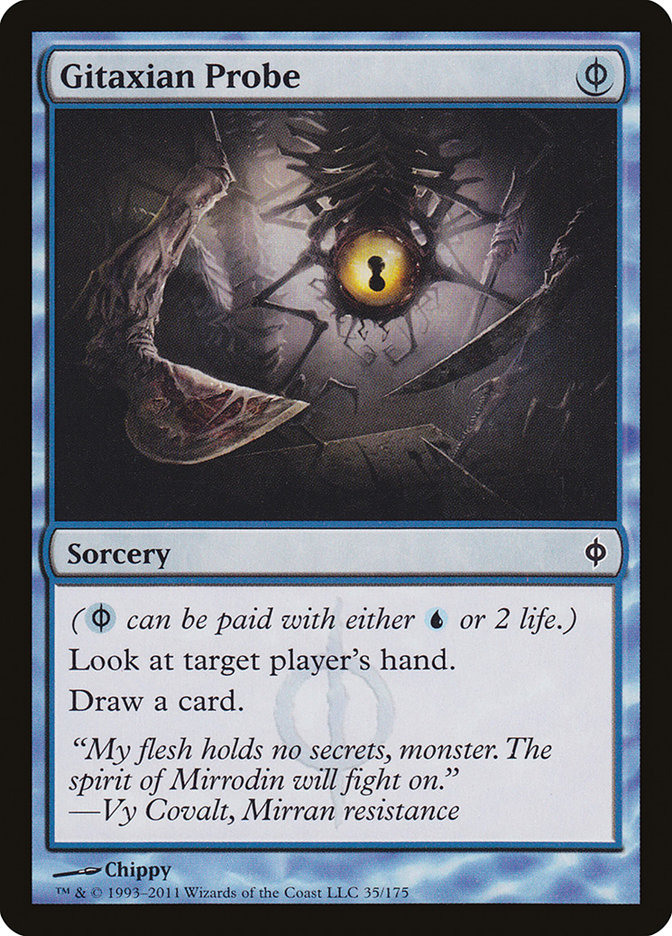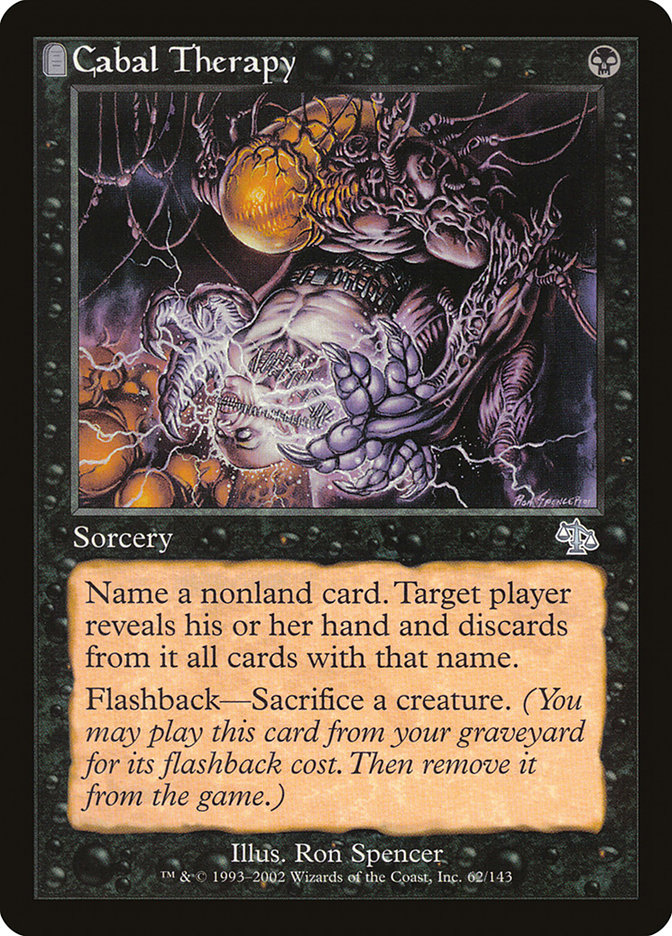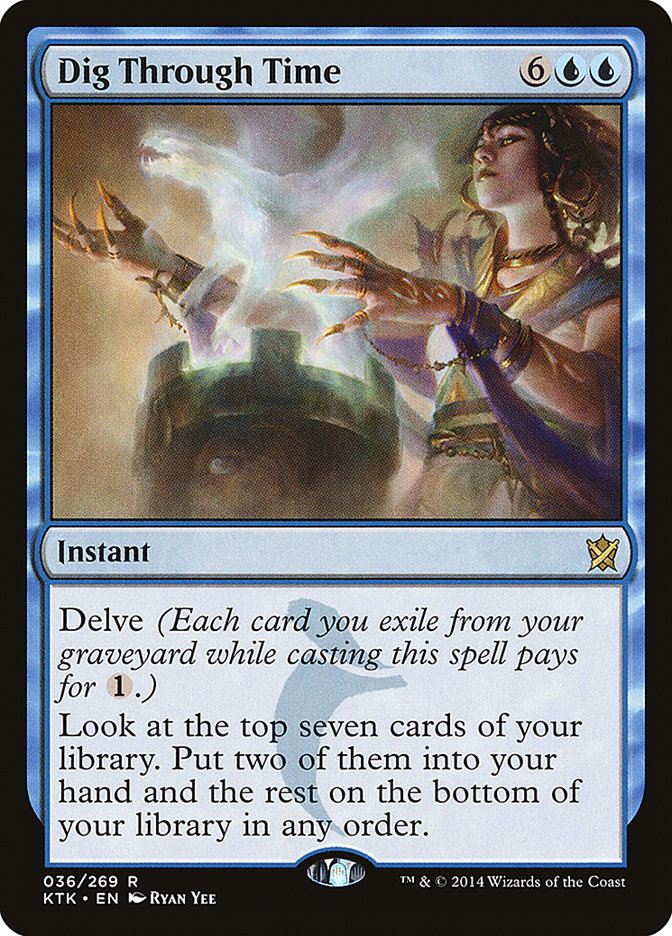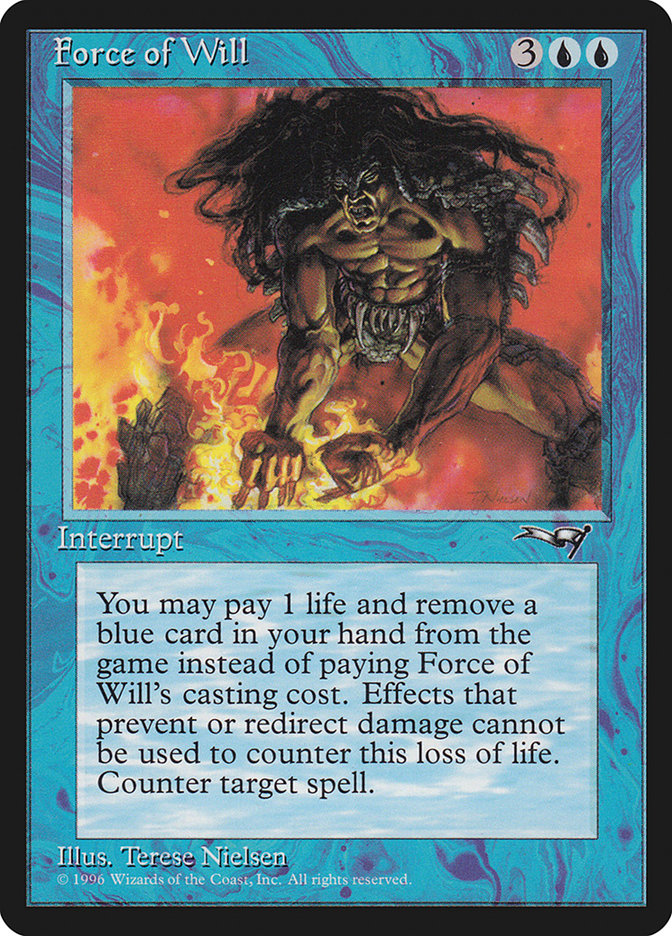While many are looking to Charlotte this weekend for some Modern action, I will not be making the trip. Instead I have the other two major formats to work on, as the Season Three Invitational in New Jersey is fast approaching. After securing my qualification for the Players’ Championship in Season One, I haven’t been as motivated as usual, and as a result of my lackadaisical effort I’ve been properly punished with two very mediocre Day Two finishes at both Invitationals this year.
It’s time to change that.
Standard is currently in turmoil, as every week the format takes a major jump in one direction or another. I’ve played a lot of Standard in the last few weeks, and there have been both a ton of events and a ton of information to go around; I think I’ve got that area fairly well covered.
Legacy, however, is a different story.
The Open Series in Washington DC a few weeks ago was the first major Legacy event in a while, and while I had a deck I was been working on I decided to just stay safe and play Sultai Delver. The result would be another mediocre min-cash finish.
So what have I been working on?
Flashing back to the Season One Invitational in Richmond, Sunday morning came and I decided I want to play something different in the Legacy Premier IQ and have some fun.
I wanted to play these cards:
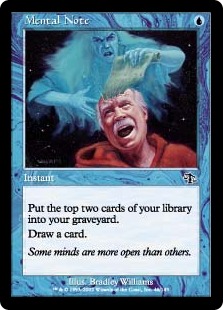
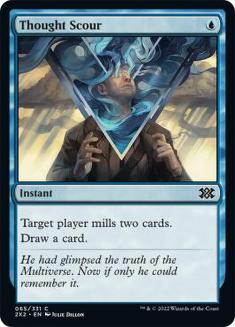
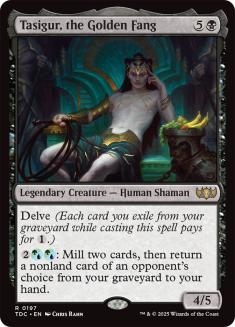
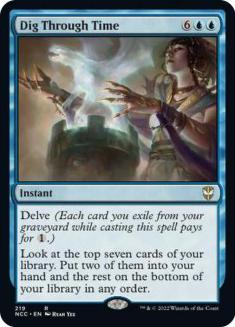
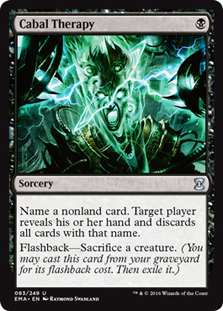
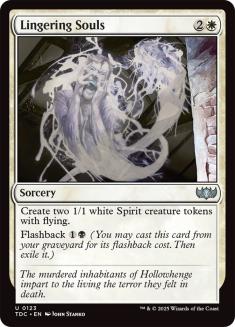
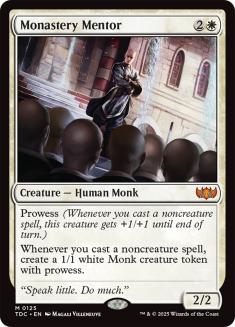
So I did what any sensible Magic player would do at 8:15 AM the morning of a tournament. I de-sleeved my Sultai Delver deck and starting throwing cards together. As would be expected taking a deck from mere theory to completion in 30 minutes, the result was pretty far from optimal, but the core seemed solid.
Because of Legacy’s diminished presence on the Open Series, I wouldn’t get to play it again until the Season Two Invitational in Columbus, where I would play it to a 6-3 record in the Sunday Premier IQ. Again, my deck was misbuilt, which was the direct contributor to at least two of my losses.
I would get to run it one more time at the Legacy Premier IQ in Chicago, this time getting a bit frisky and trying out Jace, Vyrn’s Prodigy in Legacy. I punted a match I should have easily won and then lost twice to burn, then dropped to play some basketball.
What’s that you say? You want me to shut up and show you the decklist?
I suppose that can be done. Here is where we are currently:
Creatures (7)
Planeswalkers (2)
Lands (17)
Spells (34)

The first question that must be asked is this:
‘Why play this deck over the various Delver of Secrets decks or other fair blue control decks?’
And that is a very important question to ask. Whenever you brew a deck in any format that looks somewhat similar to decks that already exist, you need to ask yourself if you are just building a worse Delver/Abzan/Twin/etc deck. Being different is not enough, you must have a goal.
This deck’s goal is to be able to grind as well as the long-game decks like Miracles and Shardless Sultai while also being able to disrupt and close quickly like the various Delver of Secrets decks. The deck also attacks combo decks from a different angle than most blue decks, as much of its disruption is based on discard rather than countermagic.
This is important, as many times combo decks turn to cards like Boseiju, Who Shelters All, Spell Pierce, Cabal Therapy, Duress, and Defense Grid to try and resolve their key spells through countermagic. We circumvent those steps here by disrupting our opponents with a solid mixture of discard and countermagic. One Boseiju or Leyline of Sanctity is not going to shut us down.
Let’s break it down:
The deck’s creature base looks a bit odd, but each threat serves a different purpose.
Gurmag Angler is a rather unassuming card that has been making some serious waves lately, as the power of the Delve mechanic really knows no limits. They banned the Delve Ancestral Recall? Okay, we will just play the Delve one-mana Tarmogoyf. Gurmag Angler often comes down on turn two in this deck for one mana, and it can also follow a discard spell to put your opponent on a very fast clock. Gurmag Angler is chosen over Tasigur, the Golden Fang because the card Karakas is a major player in the format, and because the average size of a Tarmogoyf is a 4/5.
Monastery Mentor is a very different kind of card for us. While Gurmag Angler is a quick leadoff hitter, Monastery Mentor is batting cleanup with all the firepower. It is a bit unwieldy at three mana, but it has superb synergy with all of the cantrips and especially Cabal Therapy. You often hit a midgame where you have stripped your opponent’s hand with Cabal Therapies and have a few extra left in your graveyard, and with a Monastery Mentor on the battlefield each Cabal Therapy in the yard gives your team +1/+1. Monastery Mentor kills very quickly and is the perfect follow-up to the discard to make sure you end the game fast before your opponent can draw out of it. Lastly, Monastery Mentor is great against decks that bring in graveyard hate against you as it completely ignores such things.
Jace, Vyrn’s Prodigy is the most unproven card in the deck, but it seems like a pretty good fit. Considering Jace has been making the rounds in every other format, it only makes sense to give him a shot in Legacy. Jace falls very much in line with the graveyard aspects of the deck, as you can discard cards like Lingering Souls for value or cards that are poor in the matchup, and then flash back all your best spells in the midgame as well.
Lingering Souls is one of the most important cards in the deck, and amusingly one of the ones you least want to see in your hand. Hitting a Lingering Souls off of a Mental Note or Thought Scour feels like cheating, and you can easily pitch them to Jace or Liliana for value as well. Lingering Souls is a nightmare for the fair decks of the format, and provides you with a very steady stream of threats against decks with efficient removal. Lingering Souls is also your best Cabal Therapy fodder, and part of what makes the graveyard such a powerful resource for the deck.
Liliana of the Veil is a card that usually doesn’t play well in blue decks because of how important having cards in hand for them is. Snapcaster Mage, Spell Pierce, Red Elemental Blast, Daze, and all sorts of counterspells want to sit around until the right moment, and this works very poorly with Liliana. Our blue deck is different however, and the only counterspell in our deck is Force of Will. This means we will be trying to proactively disrupt our opponents and Liliana plays perfectly into that plan. Liliana also gives us a great removal spell against Delver of Secrets and Tarmogoyf decks, and is just a fantastic card in general.
These three cards form the engine of the deck.
Maxing out on these effects does wonders for our deck; it fills our graveyard quickly with all sorts of goodies to both Delve with and flash back while also giving us great velocity and allowing us to play a low land count. They pitch to Force of Will and trigger Prowess, and they also play great with Brainstorm, the best spell in Legacy.
This is one of the few decks where it is correct to cast an end-of-turn Brainstorm on your opponent’s first turn, as you can put back a Lingering Souls and a Cabal Therapy then cast Mental Note on your upkeep to put them where you want them! Brainstorm is extremely good in this deck.
Gitaxian Probe is your fourth cantrip, and aside from already being a good card that helps fill our graveyard quickly and trigger Prowess, the synergy between it and Cabal Therapy has been one of the more powerful ones in Legacy for a while.
Ahhh, Cabal Therapy. One of my favorite Magic cards, I simply love Cabal Therapy. The card is such a skill tester, it creates awesome subgames, and on top of all that it is also very powerful. Cabal Therapy is a tough card to play and requires a lot of practice, but the payoff is so good that it is more than worth it. And of course sometimes you just draw Gitaxian Probe as well and get to play the card in easy mode. Cabal Therapy will rip your opponent’s hand to shreds and take his hopes and dreams along with them.
Amusingly enough, the card that has many players rallying for a ban almost feels like an afterthought in this deck. Make no mistake though, this is a very good Dig Through Time deck as well. All of our Mental Note effects allow for some very fast Digs, and we have a lot of powerful cards to put together as well. While definitely not the Dig Through Time deck that Omni-Tell is, we still get to use one of the best cards in the format very effectively.
Our remaining interaction spells are simply two of the best available in Legacy. Force of Will is an extremely important tool for keeping the unfair decks in check, and Swords to Plowshares is the best removal spell available.
Sideboard
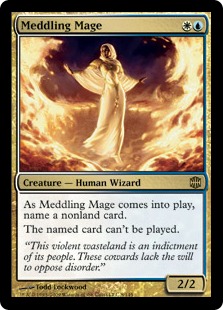
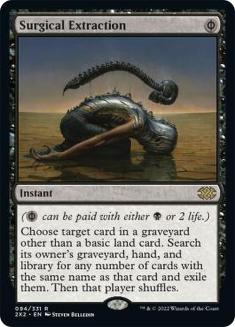
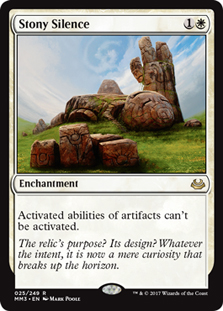
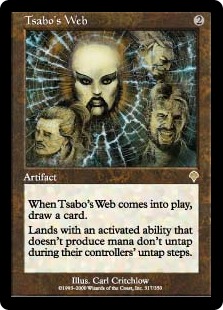
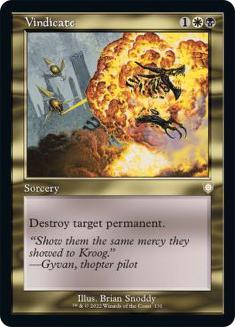
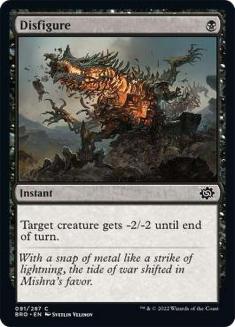
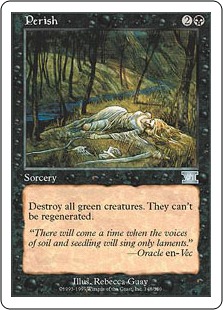
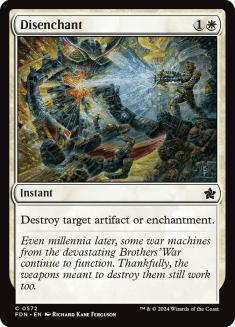
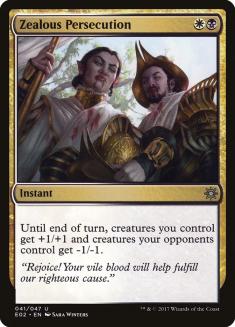
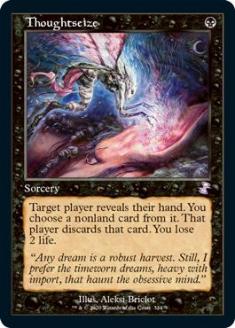
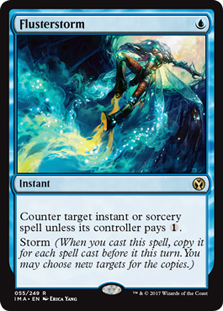
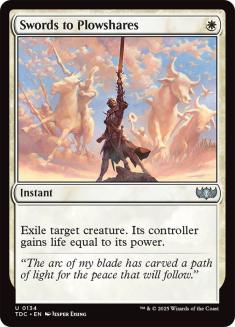
Our sideboard contains many of the best tools available in Legacy for the variety of matchups we may face. The sideboard is extremely customizable and will often change from event to event. Because it is so variable and format dependent, I will not spend too much time on it.
We have some nice tools for all matchups; typically Meddling Mage and extra disruption comes in against combo decks while against other fair decks you sideboard out your Force of Wills and bring in whatever cards work well against them and get to grinding.
Is This Deck Where It’s At?
Unfortunately, the answer is that I’m not quite sure. I’ve played variations on it in a few events now and it feels like the power level is there, but it’s also a somewhat risky deck.
While the deck feels absolutely fantastic against most of the top decks in the format, it feels somewhat soft to many of Legacy’s outlier decks. I’ve lost twice to burn in events, and that matchup seems unwinnable. I’ve also been Blood Mooned a number of times from random Blood Moon decks (including an odd Death and Taxes list that was splashing red for Magus of the Moon and Imperial Recruiter), and that is also a pretty serious problem. There isn’t really a good basic land to add to the deck, which makes this a weakness that seems difficult to shore up. The deck is also poor against other fringe decks like Merfolk and Dredge.
The top decks in Legacy are certainly the most prevalent decks in the format, but part of what makes Legacy so fun is that you can really play against anything on any given day. If this deck can tighten up a bit against the more random decks, I think that it could be a real contender.
It is also an absolute blast to play, which is always a plus!

